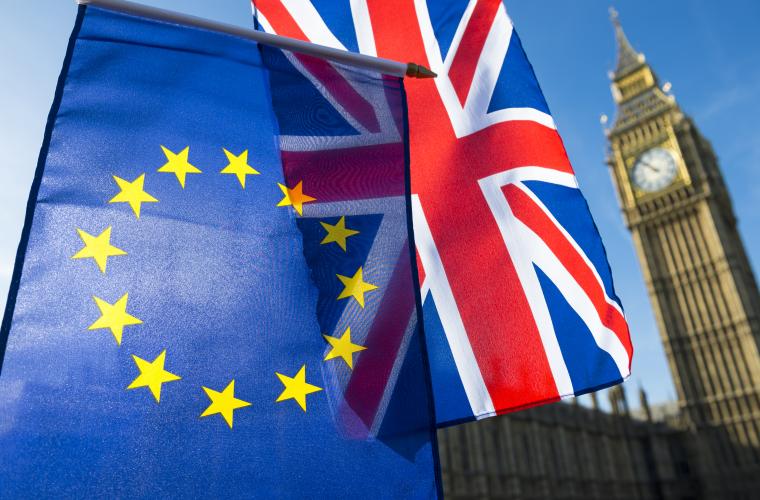The Local Government Association last night secured an important victory in the Brexit negotiating process with the Government agreeing that, once the UK exits the EU, a process will be established to consult local government on matters they would have been consulted on through the EU Committee of the Regions.
Local government currently has a formal advisory role in the EU law and policy-making process through its membership of the EU Committee of the Regions. This formal involvement in law-making has ensured that EU laws are improved by the experience of those at the frontline of delivery.
The LGA, together with the local government associations in Wales, Scotland and Northern Ireland, have been in discussion with the UK Government about how this advisory role might be replicated in UK law. Our shared ambition is to replicate the advisory role of local government in the UK post-exit, without creating new bureaucracies, to help continue our role in good law-making and ensure no deficiency in local government powers.
Last night’s statement by the Government in the Lords is a positive step towards replicating the advisory role of local government in the UK post-exit, without creating new bureaucracies.
Cllr Kevin Bentley, Chairman of the LGA’s Brexit Task and Finish Group, said:
“Brexit should not simply mean a transfer of powers from Brussels to Westminster, Holyrood, Stormont and Cardiff Bay. It must lead to new legislative freedoms and flexibilities for councils so that residents and businesses benefit. Taking decisions over how to run local services closer to where people live is key to improving them and saving money.
“We are pleased that the Government has offered assurances that they will replicate the consultative rights that local government currently has at European level following the UK’s exit from the EU. We look forward to meeting with the Government very soon to iron out the details.
“Replicating the advisory role of local government in the UK post-exit, without creating new bureaucracies, will help continue our role in good law-making and ensure no deficiency in local government powers, bringing decisions closer to the communities they affect.”
Notes
- Commenting on Amendment 227, moved by Lord Shipley and supported by Lord Porter, The Parliamentary Under-Secretary of State, Ministry of Housing, Communities and Local Government and Wales Office (Lord Bourne of Aberystwyth), said:
“Through a ministerial Statement to Parliament, the Government will give local government a clear assurance about how it can expect to be consulted on certain matters which, following their repatriation from Europe, will now be handled at the United Kingdom level. These matters will be those which local government would have been consulted on through the mechanism of the Committee of the Regions. In this way, we could have a flexible, non-statutory mechanism that, in essence, replicates for local government the rights and responsibilities it had through the Committee of the Regions, but in a lighter-touch, non-bureaucratic way. Any such new consultative arrangements will need to complement the wide range of domestic processes and procedures the Government already have for consulting local government.”
- Amendment 227, moved by Lord Shipley, is as follows;
“Local government consultation
Her Majesty’s Government must—(a) maintain a full consultative role for local authorities in the planning and decision-making processes involved in the United Kingdom’s withdrawal from the EU, in due time and in an appropriate way for all matters which concern them, and(b) provide by regulations made by a Minister of the Crown for a formal mechanism in domestic law to replicate the advisory role conferred on local authorities via membership of the EU Committee of the Regions within the United Kingdom after exit day.”

